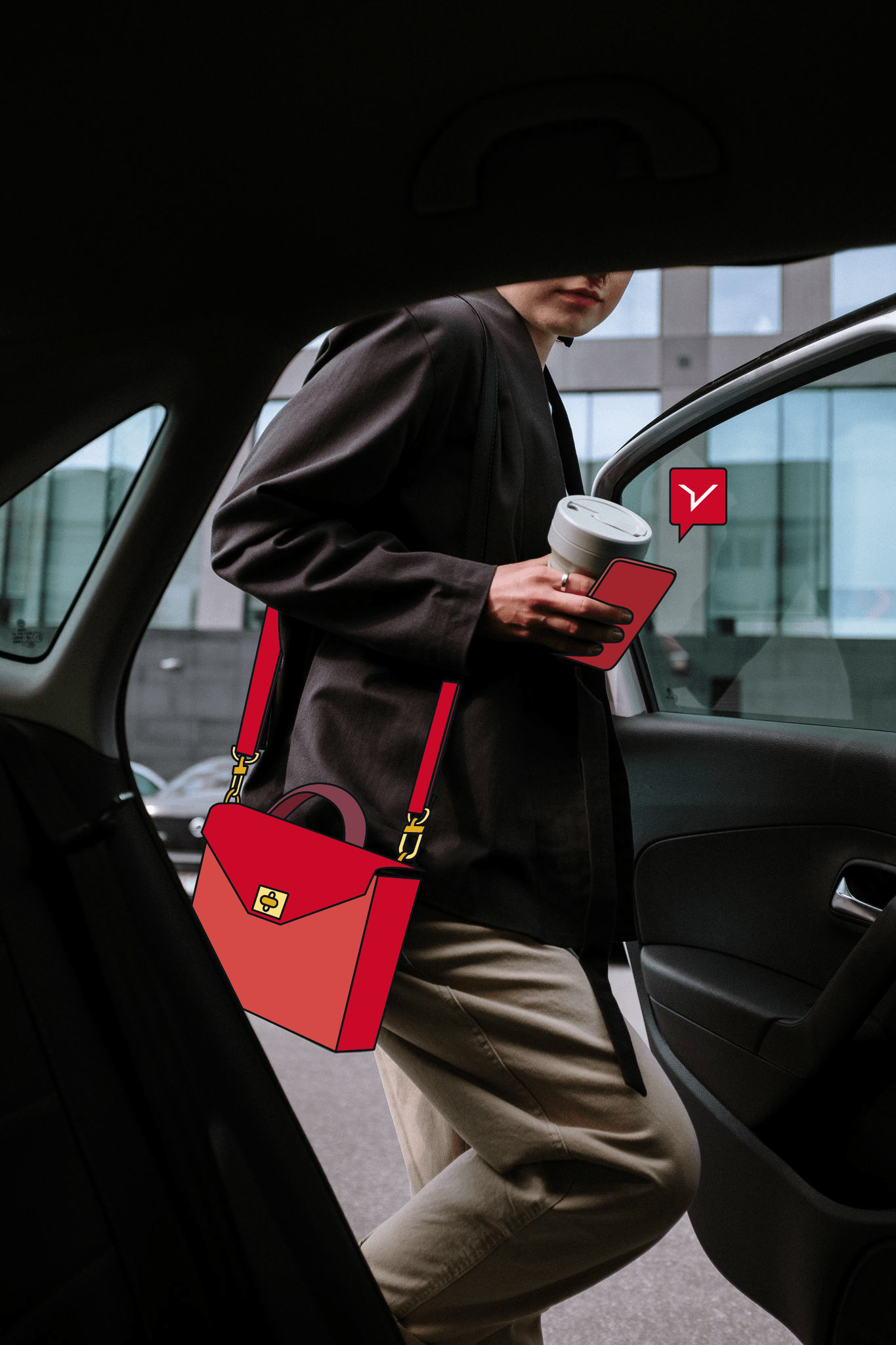There’s been a lot of change in the world of business travel in recent years. Remote working, advancements in technology and pressures to meet sustainability targets are all factors that, combined, have meant that corporate travel looks quite different in a post-COVID world.To better understand what this looks like in practice, FREENOW partnered with the Global Business Travel Association (GBTA) to produce a report based on a survey they ran with business travellers and travel managers across Europe. By comparing survey data collected in 2020 with 2023 data, the report reveals the most important current trends in business travel and what we can expect for the future.You can download the full report here. But in the meantime, here are a few stand-out insights that businesses can take from the report.


